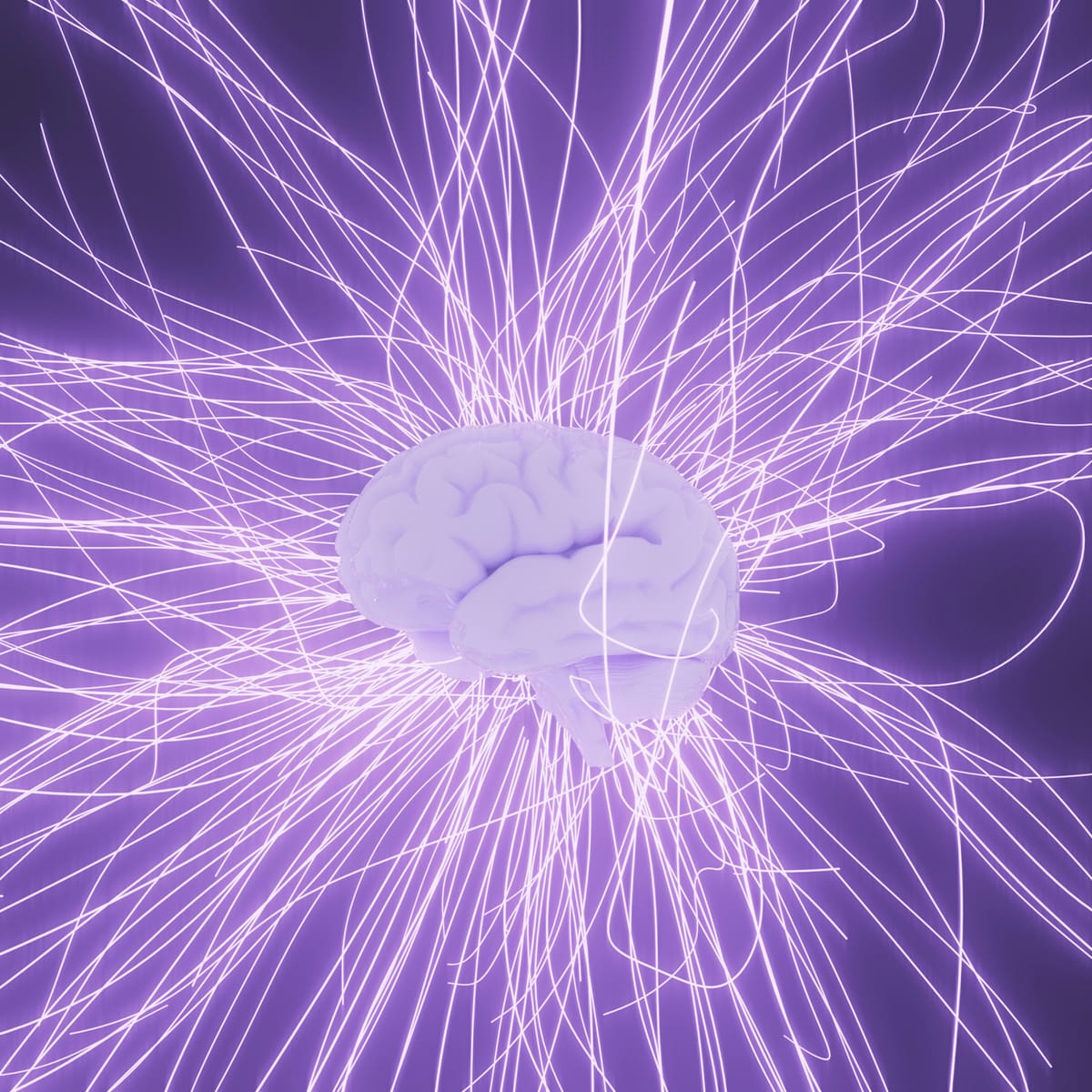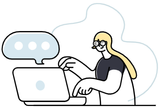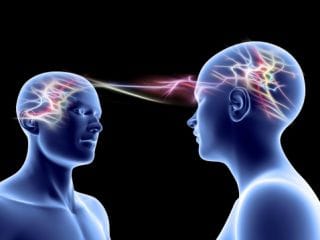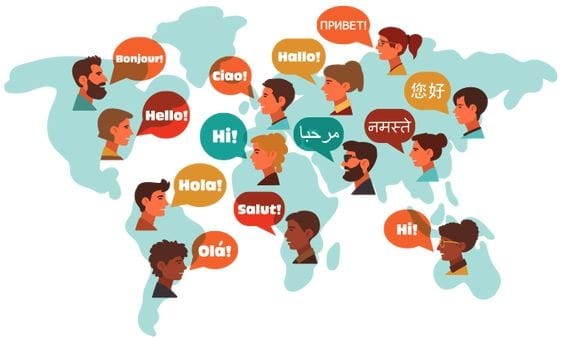The Neurodivergent Mind: Journal to Clarity

For those of us with neurodivergent minds, the world can sometimes feel like a puzzle where everyone else seems to have the solution manual. Our thoughts race, scatter, or sometimes freeze entirely. We experience emotions with intensity, process information differently, and often find ourselves swimming against the current of neurotypical expectations. But within this beautiful complexity of our minds lies an incredible tool for understanding and growth: journaling.
Understanding the Neurodivergent Experience
Living with ADHD, autism, or other neurodivergent conditions means our brains are wired differently. We might struggle with executive function, become overwhelmed by sensory input, or find it challenging to translate our rich inner world into words others can understand. These experiences, while challenging, are also part of what makes us unique and valuable contributors to the world's diversity.
The Power of Journaling for the Neurodivergent Mind
Journaling serves as a powerful anchor in the stormy seas of our thoughts. Unlike traditional organisational tools that might feel restrictive or overwhelming, journaling adapts to our unique ways of thinking and processing information. As noted in Dr. Sonal Dave's comprehensive guide, neurodivergent individuals often benefit from flexible, personalised journaling approaches that embrace their natural thought patterns rather than trying to force them into neurotypical molds.
Benefits of Journaling for Neurodivergent Individuals:
- Thought Organisation
- Capture racing thoughts before they slip away
- Create visual maps of complex ideas
- Break down overwhelming concepts into manageable pieces
- Emotional Processing
- Track emotional patterns and triggers
- Develop greater self-awareness
- Create a safe space for intense feelings
- Executive Function Support
- Document daily tasks and achievements
- Build routines through written reflection
- Maintain focus on long-term goals
Physical vs. Digital Journaling: Finding Your Perfect Match
Both physical and digital journals offer unique advantages for neurodivergent individuals. Physical journals provide a tactile experience that can be grounding and help with sensory processing. The act of handwriting can slow racing thoughts and improve memory retention. Plus, the freedom to doodle, color-code, or create mind maps makes physical journals incredibly versatile.
Digital journals, on the other hand, offer features that can be particularly helpful for neurodivergent minds:
- Search functionality for quick reference
- Voice-to-text for when writing feels overwhelming
- Cloud backup to prevent losing important thoughts
- Customisable templates and prompts
- Easy organisation and categorisation
Creating Your Journaling Practice
Remember, there's no "right" way to journal. Your practice should reflect your unique needs and preferences. Here are some starting points:
- Start Small
- Begin with 5-10 minutes daily
- Use simple prompts or lists
- Don't pressure yourself to write perfectly
- Experiment with Format
- Try bullet points for busy days
- Use drawings or diagrams when words feel inadequate
- Mix media types (writing, sketching, photos)
- Create Structure (But Keep It Flexible)
- Set regular journaling times
- Use templates when helpful
- Allow yourself to deviate when needed
Overcoming Common Challenges
Many neurodivergent individuals face specific challenges with journaling:
Challenge: Consistency
Solution: Link journaling to existing habits or set gentle reminders. Remember that missing days is okay – you can always return to it.
Challenge: Perfectionism
Solution: Embrace messy pages and incomplete thoughts. Your journal is a tool for growth, not a performance.
Challenge: Focus
Solution: Use timers, background music, or fidget tools while journaling. Write in short bursts if needed.
The Community Aspect
While journaling is often seen as a solitary activity, connecting with others who share similar experiences can be incredibly validating and inspiring. Online communities provide spaces where we can share journaling techniques, celebrate successes, and support each other through challenges.
Moving Forward
Your journey with journaling is uniquely yours. Whether you're dealing with ADHD, autism, or any other neurodivergent condition, your journal can become a powerful ally in understanding yourself and navigating the world. Dr. Dave's research highlights how personalised journaling approaches can lead to improved self-regulation, better communication, and increased self-awareness for neurodivergent individuals.
Join Our Community
Ready to start your journaling journey? We invite you to join our vibrant online community at Sharings.Me, where neurodivergent individuals come together to share their journaling experiences, tips, and support. Connect with others who understand your unique perspective and discover new ways to use journaling as a tool for growth and self-discovery.
Remember, your neurodivergent mind isn't something to overcome – it's something to understand, appreciate, and nurture. Through journaling, we can transform our different way of thinking from a challenge into a strength, one page at a time.




